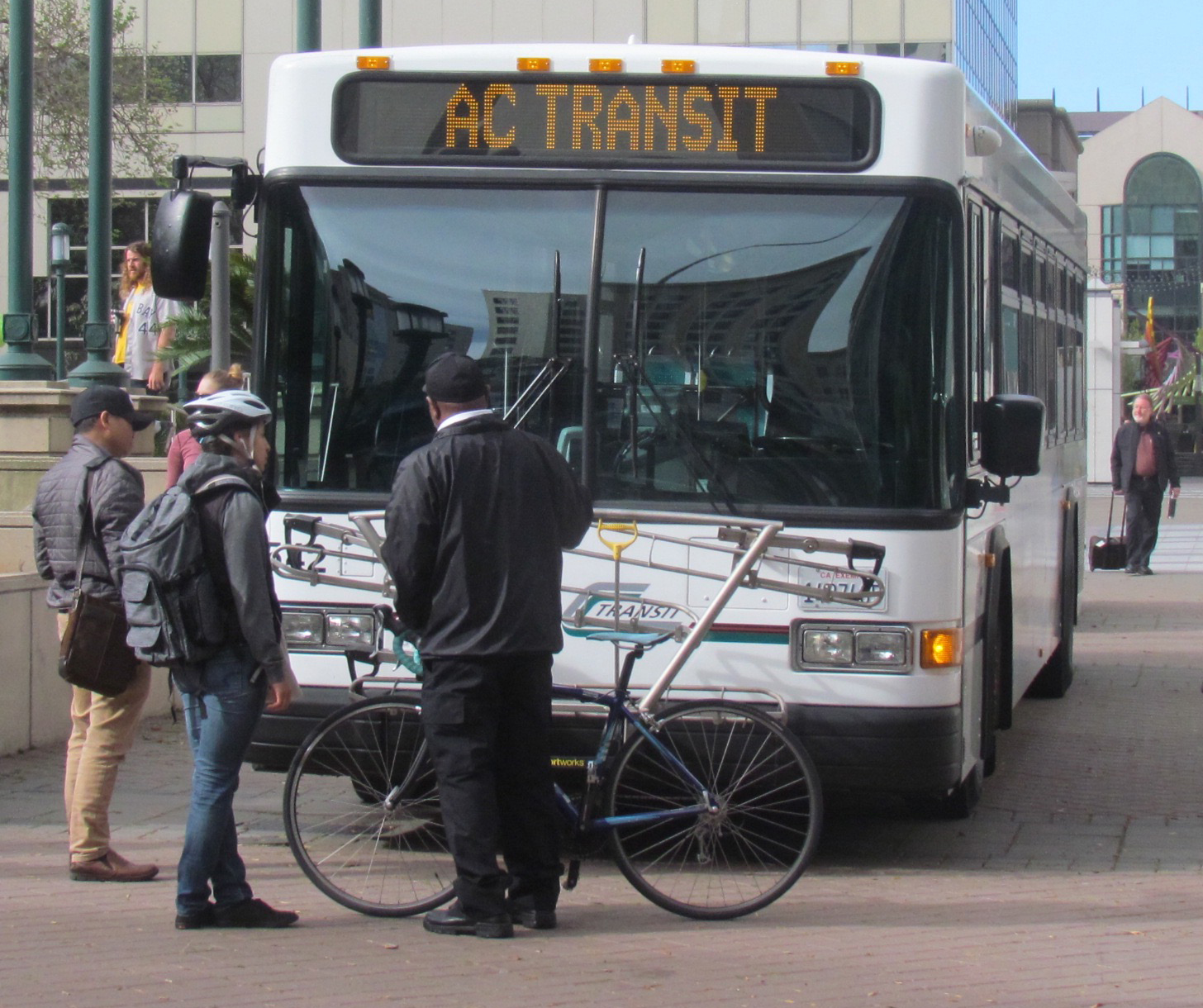Transit 4 America warns that a $1 trillion draft economic stabilization plan being considered in the U.S. Senate provides no financial assistance for the nation’s transit agencies. Transit has been hit hard by the COVID-19 pandemic, with ridership crashing as people follow recommendations and orders to stay home while operators struggle to maintain service for those who need it. Other revenues that help support transit, from state sales taxes to the gas tax, are also dropping, dimming prospects for an easy recovery.
Christian MilNeil at Streetsblog Massachusetts writes:
That makes federal action vital to keeping transit services afloat through the pandemic, says Scott Goldstein, policy director for Transportation for America, an organization that’s been lobbying for a multi-billion dollar transit assistance package to be included in a federal economic recovery bill.
Goldstein notes that an early draft of a $1 trillion spending plan from Senate Republicans includes assistance for airlines, but nothing for transit agencies.
“This is an emergency, and we need to stabilize an industry that gets people to health care, to their jobs, to meet basic needs,” said Goldstein in a phone conversation on Friday. “We cannot let this industry disappear… it’s an essential service.”
The threat that the public transit industry might disappear is not said lightly. Public transit operators all over California, and the nation, have been stepping up to provide transport for people performing essential work, from caregivers to health care workers to janitors. It's easy for leaders who get everywhere via car to forget how crucial a role transit plays in some people's lives, and that if those people can't access their jobs the rest of us will also suffer.
The country will also have a very hard time recovering from the effects of everyone staying at home once people begin to move about again, and discover that transit service has been cut drastically or disappeared altogether.
MilNeil spoke to Phineas Baxandall, a Senior Analyst at the Massachusetts Budget and Policy Center and occasional StreetsblogMASS contributor. With ridership down and traffic congestion nonexistent, he says, “urgency for transportation spending is absent right now.”
But he warns that demand for transit services are likely to surge as soon as the pandemic and its required “social distancing” begin to ebb.
“If economists are correct that this is the beginning of a potentially deep recession, it will be important to make sure that transit agencies weather this – to make sure that people are able to travel to find new jobs. Infrastructure can be a stimulus to restart the economy,” says Baxandall.
Congress is working quickly on the stimulus package, so now is the time to remind your representatives how important public transit is. Even if you don't ride it yourself, its existence, and expansion, is necessary for public health and safety going forward, and if it disappears every bike rider and car driver will feel the impact.
Transportation for America has more information here, including a link for contacting your representative. The advocacy group points out that dozens of organizations and cities have been asking Congress to allocate a minimum of $13 billion to sustain transit.
Yet the Senate’s first proposal ignores this reality. While $200 billion in loans is included to support private industries like the airlines, public transit gets a cold shoulder and it's not clear why. Public transportation supports the same number of jobs across America as the airline industry and transports twenty times as many people on weekdays (under normal conditions). Even during this crisis, transit is still helping health care professionals get to and from their jobs; it's connecting people to grocery stores and pharmacies. Transit isn't a "nice to have," it's an essential industry that necessitates public support now.
Also, write to House and Senate leaders and your own Congressional representatives (find contact information here). Urge them to consider a sensible stimulus package that recognizes the crucial role played by public transit.
U.S. Capitol switchboard: (202) 224-3121
Senate Democratic leader Chuck Schumer (NY):
www.schumer.senate.gov
(202) 224-6542
Senate Republican leader Mitch McConnell (KY):
www.mcconnell.senate.gov
(202) 224-2541
Senate Appropriations Committee Chair Richard Shelby (AL):
www.shelby.senate.gov
(202) 224-5744
Senate Appropriations Committee Co-Chair Patrick Leahy (VT):
www.leahy.senate.gov
(202) 224-4242
House Speaker Nancy Pelosi (CA)
https://pelosi.house.gov/contact-me
(202) 225-4965
House Appropriations Committee Chair Nita M. Lowey (NY)
https://lowey.house.gov/contact/email
(202) 225-6506






